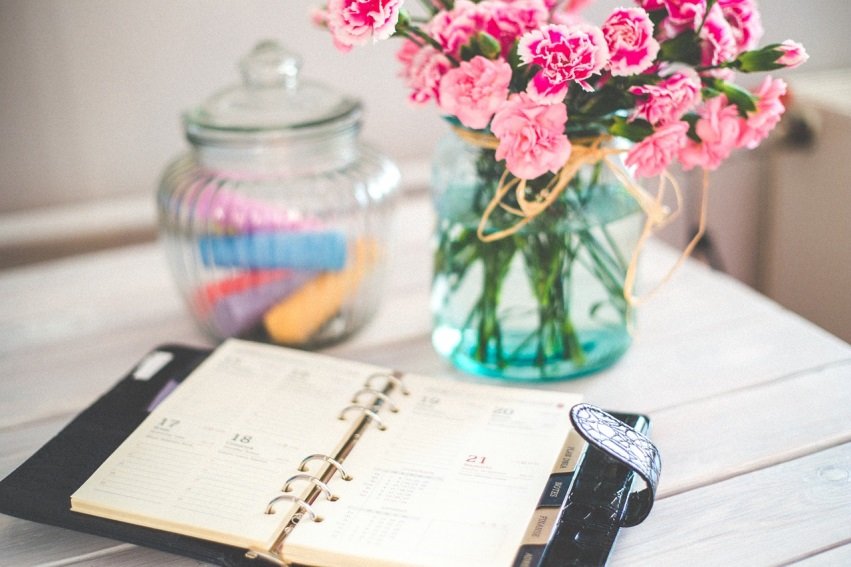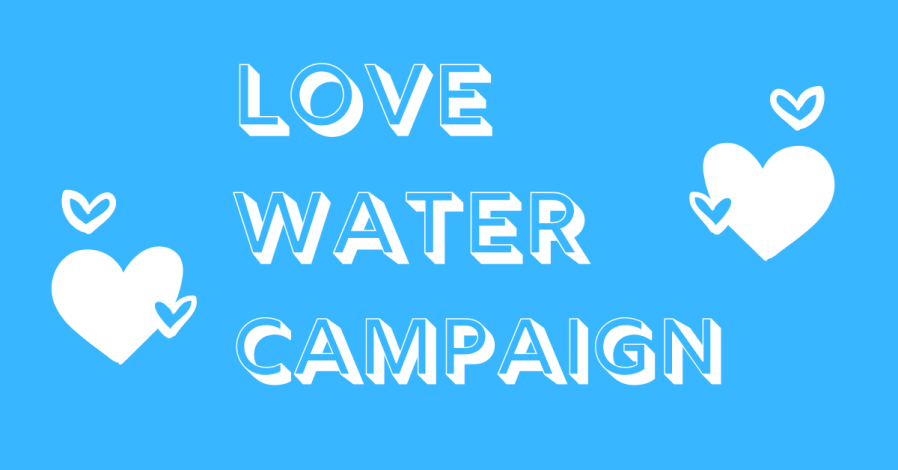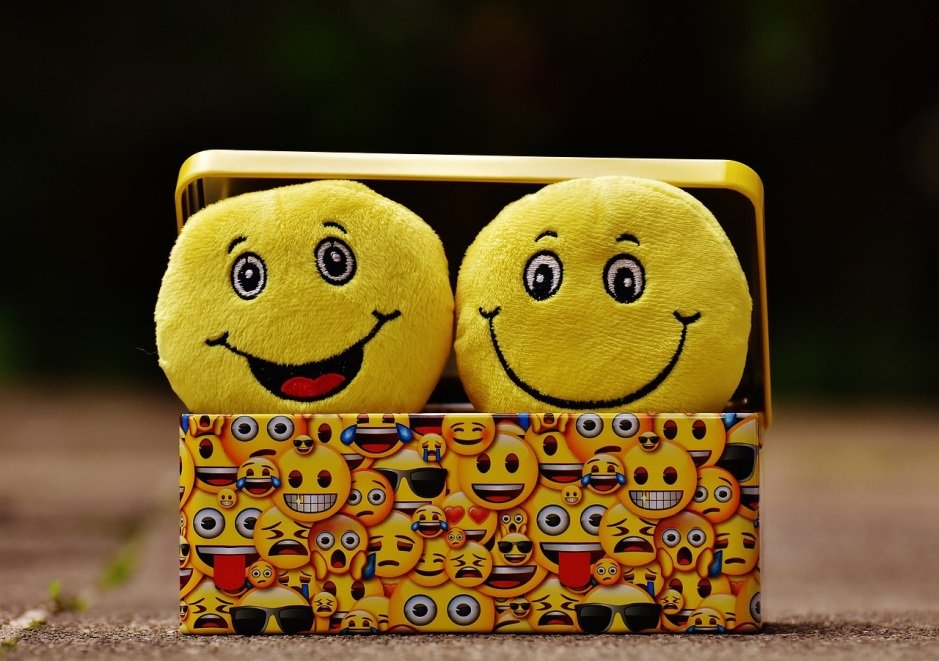
by Fern Shaw | Sep 5, 2019 | Water, water cooler
It’s #MigraineWeek this week and if you have ever experienced a migraine, your blood vessels are probably constricting already. This blogger didn’t experience a migraine until well into adulthood and thought they might be the stuff of legends, that is until she had one.
Migraines affects 1 in every 7 adults globally, according to the World Health Organization and 85 percent of sufferers are female according to the Migraine Research Foundation.
What is a migraine?
According to the NHS, the exact cause of migraines is unknown, but they’re thought to be the result of abnormal brain activity temporarily affecting nerve signals, chemicals and blood vessels in the brain. There is evidence that fluctuations in oestrogen levels can be a migraine trigger, which would explain in part why more women than men experience this condition, however there are a number of other factors that can trigger those more prone to this condition.
What triggers migraines?
There are a number of triggers, including emotional: stress, shock and depression amongst others; physical: poor posture or neck and shoulder tension; dietary: such as dehydration, caffeine and some specific foods such as chocolate and citrus fruit and finally environmental: flickering screens, bright lights or loud noises.
Can they be cured?
Although there currently isn’t a cure for migraines, there is medication available that can help reduce the severity and propensity of these attacks.
Does drinking water more really help?
Absolutely. Considering that our physical make-up is around 70% water, it’s clear that our bodies need the hydration in order to function properly and our brain is no exception. In a previous blog we’ve referred to the importance of keeping our brain adequately hydrated.
What else can you do to reduce migraines?
As much as we all enjoy our caffeine intake, too much coffee, tea or high caffeine content drinks can have an adverse effect on our central nervous system, so if you are prone to migraines, it might be an idea to reduce the amount of caffeine drinks and replace these with water.
Drinking water more may not solve your experiencing migraines, but it can certainly help reduce the frequency.
If there is a shortage of drinking water stations at your premises – contact us at AquAid. We will always give you the best advice about which water cooler is the right fit for your premises, whether at home, work or at school.

by Fern Shaw | Aug 12, 2019 | water cooler, Water Coolers
At AquAid Water Coolers we believe in altruism, which is one of the reasons why we established the Africa Trust – a charity that helps bring safe and clean drinking water to many impoverished communities in Africa. And because we believe in helping others, we always have immense respect for other organisations that do the same.
Help may take different shapes and forms, and one such organisation is Action for Happiness – a charity that aims to increase the happiness in the world by bringing together like-minded people from all walks of life and supporting them to take practical action to build a happier society.
While everyone’s path to happiness may be different, Action for Happiness lists 10 Keys to Happier Living, which research suggests consistently tends to have a positive impact on people’s happiness and well-being.
- Giving – do things for others
- Relating – connect with people
- Exercising – take care of your body
- Awareness – live life mindfully
- Trying out – keep learning new things
- Direction – have goals to look forward to
- Resilience – find ways to bounce back
- Emotions – look for what’s good
- Acceptance – be comfortable with who you are
- Meaning – be part of something bigger
Action for Happiness also dedicates an action and theme to each month, and this month it’s Altruistic August and here are a few lovely suggestions taken from their calendar:
- Leave a positive note for someone else to find
- Show support for a cause that doesn’t affect you directly
- When you buy one and get one free – give the other extra item away
- Look for the good in everyone you meet today
You can find a copy of it here – help someone in need and have a great August everyone!

by Fern Shaw | Aug 12, 2019 | water cooler
Last month saw the launch of a very important initiative in the UK – the ‘Love Water’ campaign!
We all know that clean and safe drinking water is essential not only to our physical wellbeing, but also for our economic survival, and so the British public are being asked to help the country protect water resources so that future generations may also benefit from what we so easily take for granted.
Climate change is happening globally, and in the UK too we are facing hotter and drier summers, along with increased risk of water shortages. Sir James Bevan, Chief Executive of the Environment Agency gave a startling warning earlier this year when he said that our country is approaching the ‘jaws of death’ and that parts of England may run out of water within 25 years if action isn’t taken.
The ‘Love Water’ campaign aims to draw attention to the importance of water and how essential it is that each and every one of us takes responsibility to conserve and protect it. This initiative will also see many organisations work together to tackle issues such as pollution and wastage and the long-term goal is to encourage businesses to make water conservation and pollution reduction part of their own goals and targets!
While we know that if we open a tap, water will run; for millions of people in third world countries, this is not the case, which is why AquAid established the Africa Trust. With every bottle of water that we supply, a 30p donation is made to the Africa Trust along with a £20 per annum donation for every mains-fed water cooler installed. To date we have helped build thousands of water pumps in communities across Africa, we have donated in excess of £6 million and have helped bring clean and safe drinking water to over 1.3 million people!
At AquAid we are very aware of how important water is to our survival and also to those less fortunate than ourselves, so when choosing a water cooler supplier, choose one that not only provides exceptional service and quality products, but also one that believes in helping impoverished communities – choose AquAid.

by Fern Shaw | Aug 12, 2019 | water cooler
Friday 16 August is #NationalTellAJokeDay. It might only be applicable in the US or in hashtag land, but we’re always up for a good laugh – as Milton Berle said ‘laughter is an instant vacation’ – so we jumped at the chance to have our own little chuckle around the water cooler.
Here are a few of our favourite water-inspired playground-pleasers:
- Today a man knocked on my door and asked for a small donation towards the local swimming pool.
– I gave him a glass of water.
- Why does water never laugh at jokes?
– It isn’t a fan of dry humour.
- Why did the lake date the river?
– He heard that she had a bubbly personality.
- Where can you find an ocean with no water?
– On a map.
- What did the ocean say to the beach?
– Nothing, it just waved!
- What do you call it when you get a month’s worth of rain at once?
– ENGLAND
And then one of our personal favourites – and perfect for a Friday:
“Dear Friday, I’m so glad we are back together. I’m sorry you had to see me with Monday-Thursday, but I swear I was thinking of you the WHOLE time.”
We bet everyone will enjoy that last one, so why don’t you make it your mission to bring a smile to everyone’s face today – print it out and put it up near the water cooler so that every time someone passes by for a drink, they can have a little giggle. After all – it is FRIDAY!

by Belinda Ollewagen | Jul 29, 2019 | water cooler
Mild dehydration is classified as a 1% loss in body mass and studies have shown that this deficit can result in reduced concentration and awareness levels. Many of us can be mildly dehydrated without even knowing it, which means our performance is not what it should be; but during a week like the one we’ve just had with such sweltering temperatures, it can play havoc with our bodies, mental agility and mood.
A study entitled ‘Mild dehydration impairs cognitive performance and mood of men’ published in the British Journal of Nutrition in 2011, studied the effect that dehydration can have without incurring hyperthermia – the condition of having a body temperature greatly above normal.
The test group of 26 young men, with an average age of 20 years, participated in three randomised trials. Each trial had the men complete three 40 minute treadmill walks at 5.6 km/hour, on a 5% grade in a 27.7 °C environment. During each trial an extensive computerised cognitive test battery was administered examining mood states, vigilance, reaction time, short-term spatial memory and pattern recognition, learning, and logical reasoning, amongst others.
The results showed that the level of dehydration achieved in the study, without incurring hyperthermia, is similar to the level of mild dehydration encountered routinely by adults during a normal work day. This led to adverse changes in vigilance and working memory, and increased levels of tension/anxiety and fatigue.
So yes, being mildly dehydrated definitely impairs productivity, but add to that the extreme heat we’re currently experiencing which can lead to heat stroke and ultimately hyperthermia, and the detrimental results above may become even worse. Which is why it’s imperative at all times, but especially during periods of extreme heat to keep ourselves properly hydrated – make sure you visit your office water cooler multiple times during the day, set an alarm if you must; and increase your water intake while at home as well.
And remember, for all your office water needs, call AquAid – we’re the UK’s leading water cooler supplier and will provide an affordable water solution perfectly tailored to your needs.

by Belinda Ollewagen | Jul 29, 2019 | water cooler
We’ve all been sweltering in the heat wave this week! Understandably we’ve been visiting the office water cooler more often during the day to replenish all the water we’ve lost, but it’s not only our bodies that suffer during these extreme times – our gardens are also worse off for it. And if one considers that heat waves and drought are very much part of our new ‘normal’, then we need to give some thought to better planning, going forward.
Here are a few tips to help with the next heat wave and with the increasing pressure of saving water:
Reduce Lawn Size
Yes it’s obvious, but unless you already have a postage stamp sized lawn, you might want to consider reducing your lawn size. Replacing or breaking up vast expanses of green grass with hard landscaping like stone pathways, a beautiful gazebo or even a super-sized sandbox if you have little ones are all ways of using less water; because let’s be honest, as much as we all love grand expanses of green grass, nothing looks worse than grand expanses of yellow grass.
Water More Effectively
Yes your garden needs water, but it benefits more from a deep watering once or twice a week than it does from a light wetting more frequently – remember that shallow watering leads to shallow root systems all of which reduces the plants vigor and longevity. And it goes without saying that you need to water either early morning or late evening to avoid unnecessary evaporation during the warmer hours.
Mulch More Efficiently
Cover your garden with mulch at least twice a year, it helps your garden retain moisture for longer which means you’ll need to water less frequently. Mulch is typically organic matter which can take the shape of leaves, grass clippings, peat moss, bark chips or straw, to name but a few. Using your lawn cuttings is one of the better ideas, because not only will it help your garden remain wet for longer, but it also means less garden refuge to take away.
So here’s to keeping not only ourselves cool and hydrated during these dreaded heat waves, but to keeping our gardens beautiful too!






